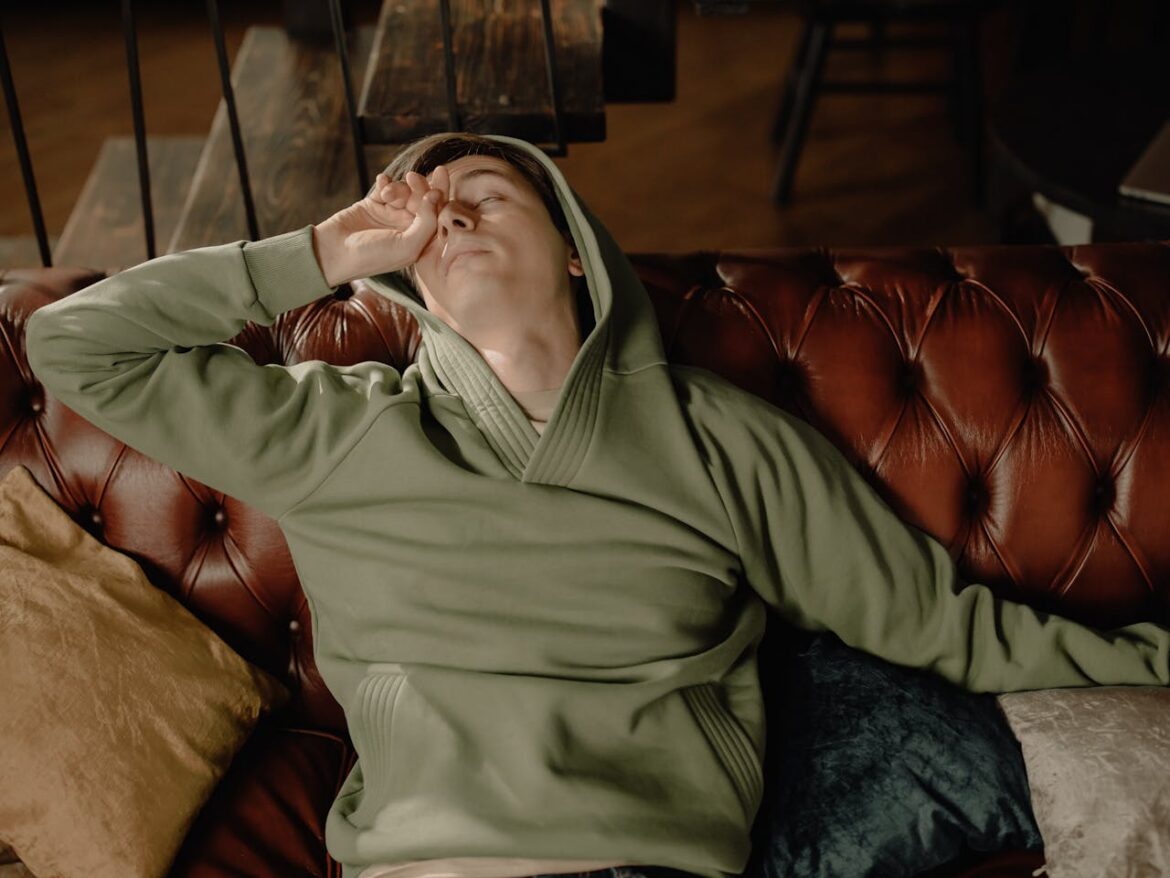Why Boredom Triggers Relapse More Than People Expect
You might expect stress or conflict to be your biggest threat in recovery. Yet many people learn the hard way…
READ MORE Read more about Why Boredom Triggers Relapse More Than People ExpectWhen we formed Harmony Ridge Recovery Center in 2018, we envisioned a haven that would be an escape from the burdens of addiction and a blissful path to drug and alcohol rehab in West Virginia. That is exactly what it has become. Since our founding, we have recognized the need for evidence-based treatment programs that are created specifically for each client.
Our mission is to make these evidence-based programs available to anyone and everyone in need of drug or alcohol rehabs in WV, where the opioid crisis is especially prevalent. When we provide substance abuse treatment, we like to see successful outcomes and results. We feel that people suffering from addiction in communities of the Mid-Ohio Valley and West Virginia deserve to have access to the best drug and alcohol treatments centers, Harmony Ridge being one of the best.

Facility Location:
Facility Location:
The first step toward achieving recovery is to reach out to one of the rehabs in WV that can get you on the track to recovery. Our admissions team is available 24 hours a day, 7 days a week, 365 days a year. Give us a call today!

Once the treatment program ends, our therapists find community and online resources to keep people on the recovery track. This includes relapse prevention tools, 12-step meetings, sponsorships, individual/group therapies, sober living, alumni programs, etc.
Once the treatment program ends, our therapists find community and online resources to…...
READ MORE Read more about Aftercare Programs
Harmony Ridge programs are defined in our addiction therapy treatment center programs. Our team believes in providing evidence-based, clinically effective therapies. All our drug and alcohol rehab WV therapists are certified professionals with years of experience.
Harmony Ridge programs are defined in our addiction therapy treatment center programs. Our…...

Staying the course on your path to recovery is a full-time activity. That’s why our team offers recreational activities to help patients reinvent themselves. From outdoor sports activities to music and art therapy, our rehab facility in West Virginia accommodates all.
Staying the course on your path to recovery is a full-time activity. That’s…...

At Harmony Ridge, our insurance and admissions specialists can help patients get the financing they need to get the treatment they deserve. Humana, Blue Cross Blue Shield, Tricare, Peia – we accept most major insurance plans in addition to personal loans and Medicaid.
At Harmony Ridge, our insurance and admissions specialists can help patients get the…...
READ MORE Read more about Insurance Coverage
Our facility offers patients a unique form of outdoor therapy to help rejuvenate the mind, body, and spirit. Surrounded by 50 acres of peace and serenity in Mountwood Park, Harmony Ridge helps patients prevent relapses by offering them a healthier lifestyle.
Our facility offers patients a unique form of outdoor therapy to help rejuvenate…...

February 11. 2026
You might expect stress or conflict to be your biggest threat in recovery. Yet many people learn the hard way…
READ MORE Read more about Why Boredom Triggers Relapse More Than People Expect
February 10. 2026
You might see codeine as mild and alcohol as normal. Together, they can become dangerous. Many people mix them without…
READ MORE Read more about Codeine and Alcohol as a Common but Overlooked Combination
February 10. 2026
Addiction often develops quietly, but its effects are far-reaching. Over time, substance use can isolate individuals from their families, their…
READ MORE Read more about Why is Community in Addiction Recovery Important?Our recovery specialists are standing by 24/7 to help you or your loved one.
Or call us: 
